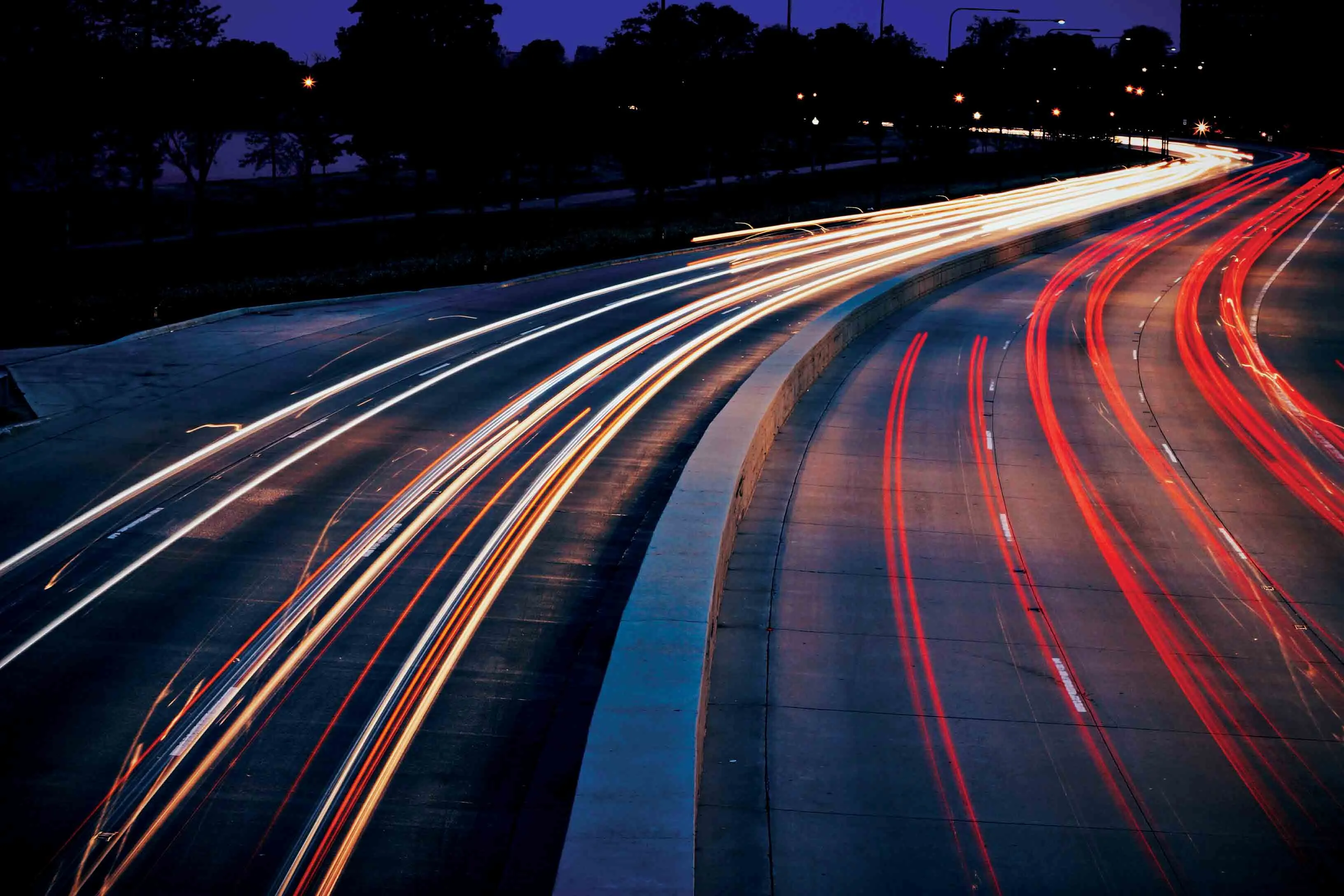IBM and Streetline have announced a parking collaboration for cities. It is claimed that combining information management and advanced analytics from IBM with data gathered from parking sensors and applications from Streetline will allow cities to make smarter and more timely decisions related to parking and their transportation systems.
April 30, 2012
Read time: 2 mins
The Smarter Parking Starter Kit, announced as part of the collaboration, is a pre-integrated solution that includes instrumentation, connectivity and intelligence.
“Today, there is a massive amount of tramsportation data available that can help cities alleviate congestion and improve transportation services, such as parking,” said Gerry Mooney, general manager, global Smarter Cities, IBM. “It’s critical for cities to be able to turn this data into information and insight so they can anticipate and avoid situations that cause congestion, while simultaneously improving the services they provide citizens and businesses.”
Experts estimate that 30 per cent of urban traffic congestion is caused by motorists trying to find a parking space. A global survey of commuters in 20 international cities conducted by IBM and released yesterday found that in the past year, nearly six out of 10 drivers had abandoned their search for a parking space at least once and drivers have spent an average of nearly 20 minutes in pursuit of a coveted spot.







